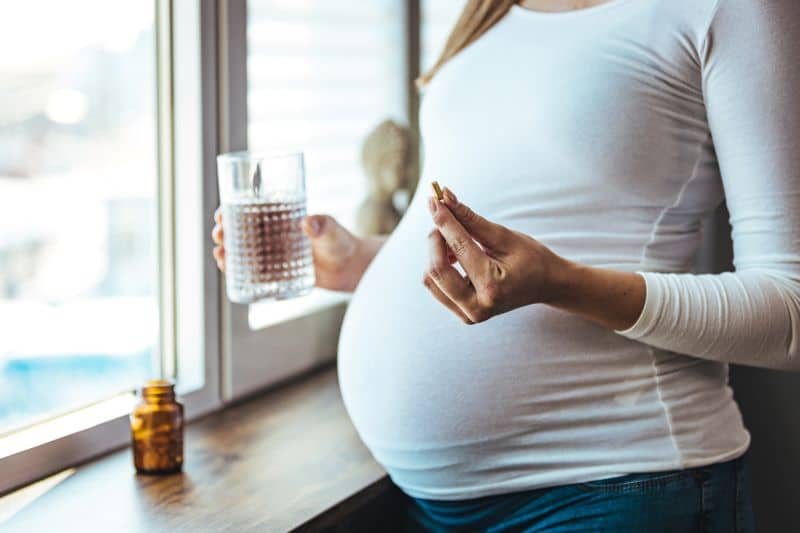- Home
- Product
- Patient
- Order Online
- Prescription Quote
- What is a Compounding Pharmacy?
- Collect at your Pharmacy
- Find a Pharmacy
- Find a Integrative Doctor
- Child Friendly Medication
- Vet & Animal Compounding
- Easy to Swallow Pills
- Motion & Seasickness
- Medication without the Additives
- Unavailable Medications
- Schedule 8 Shipping Waiver
- Pharmacists
- Prescribers
- Shop
- FAQs
- About
- Careers
- Contact Us
- Home
- Product
- Patient
- Order Online
- Prescription Quote
- What is a Compounding Pharmacy?
- Collect at your Pharmacy
- Find a Pharmacy
- Find a Integrative Doctor
- Child Friendly Medication
- Vet & Animal Compounding
- Easy to Swallow Pills
- Motion & Seasickness
- Medication without the Additives
- Unavailable Medications
- Schedule 8 Shipping Waiver
- Pharmacists
- Prescribers
- Shop
- FAQs
- About
- Careers
- Contact Us
Multivitamin use in pregnant women linked to reduced risk of autism

A new study recently published in The British Medical Journal has suggested that women who take multivitamins early in their pregnancy have a reduced risk of their child developing autism¹.
27,000 mothers and their children took part in the 10 year study, conducted in Stockholm County, Sweden.
The study found that: “Prevalence of ASD with intellectual disability (autism) was 0.26{648ff2b140dd79f8b10f01740237e66061b7c0f8b396ba52d99047c684c8722c} (158 cases in 61?934) in the maternal multivitamin use group and 0.48{648ff2b140dd79f8b10f01740237e66061b7c0f8b396ba52d99047c684c8722c} (430 cases in 90?480) in the no nutritional supplementation use group.”
Head Pharmacist at National Custom Compounding, Matthew Bellgrove said while the new study provided highly valuable information for couples trying to conceive, it was important to remember that multivitamins should not replace a healthy diet.
“This study does not suggest that you can eat and drink what you like, and as long as you take your multivitamins everything will be fine,” Matthew said, “Multivitamins are not an all-purpose fix it, however the research seems to suggest that when they’re taken in conjunction with a well-balanced diet, the risk of unborn children later developing autism is reduced.”
According to Autism Spectrum Australia an estimated one in 100 people have autism, with the condition four times more likely to affect boys than girls. People diagnosed with autism experience difficulty communicating and socialising with others, may display repetitive behaviours and have a very narrow range of interest areas. People with autism are also often highly sensitive to external stimuli and may become highly stressed by everyday sounds, smells, textures and movements. The Stockholm study adds to a growing body of research that points to the importance of optimal nutrition during pregnancy. In 2010 a study conducted by the American Academy of Paediatrics found that women who took 400 IU of Vitamin D daily reduced their risk of preterm labour/births and infections².
National Custom Compounding specialises in the compounding of multivitamin combinations as well as Vitamin D3 and a range of nutritional compounds. If you’re pregnant or hope to be soon, speak to your integrative doctor about ensuring your nutritional levels are the best they can be.
References
- Antenatal nutritional supplementation and autism spectrum disorders in the Stockholm youth cohort: population based cohort study, BMJ 2017;359:j4273
- American Academy of Pediatrics. “Researchers recommend pregnant women take 4,000 IU vitamin D a day.” ScienceDaily. ScienceDaily, 2 May 2010.
